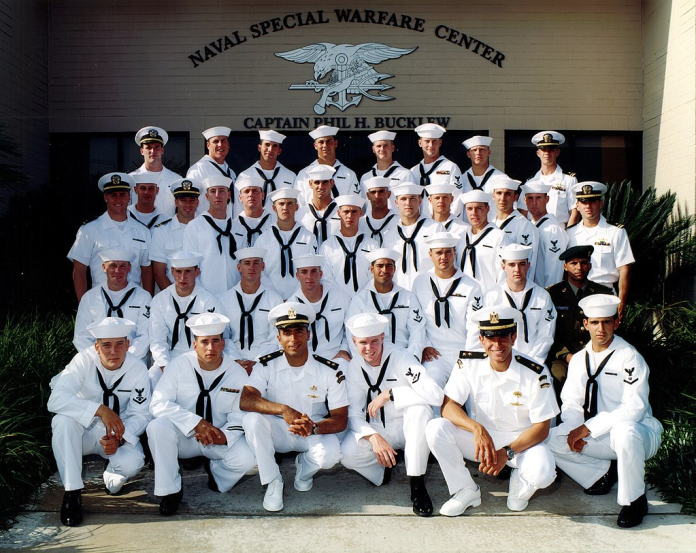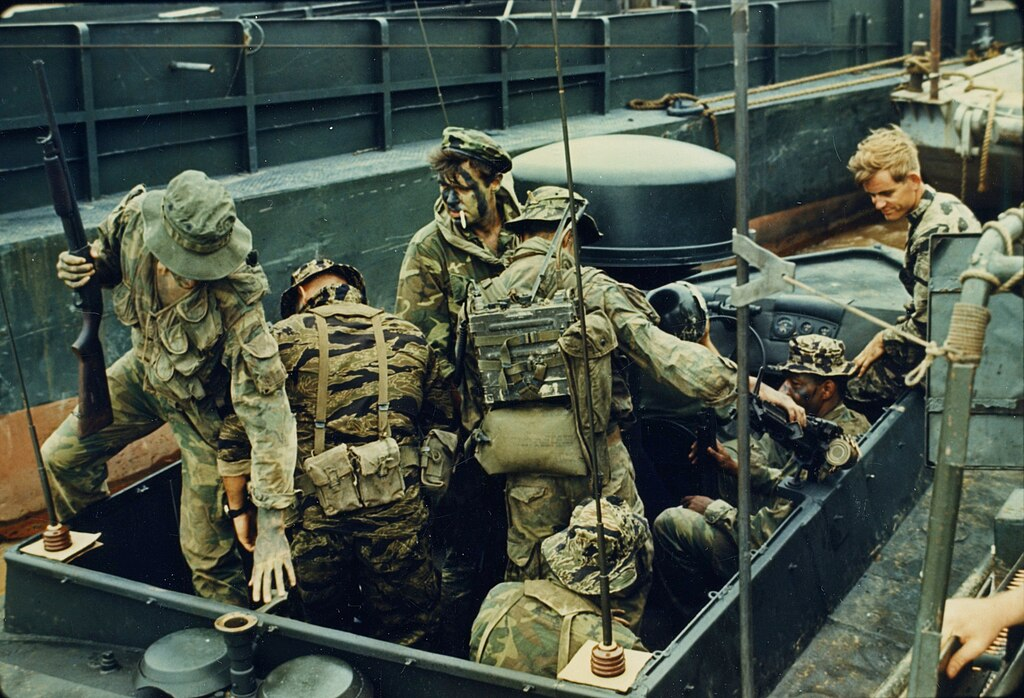
Since their founding by President John F. Kennedy in 1962, the Navy SEALs have been at America’s forefront of its toughest military operations. They are well known for unstinting endurance, tactical expertise, and esprit de corps, and these highly skilled fighters embody the best in physical and mental toughness. Their journey is one of relentless training, personal dedication, and reward, with both exceptional potential and profound duty.
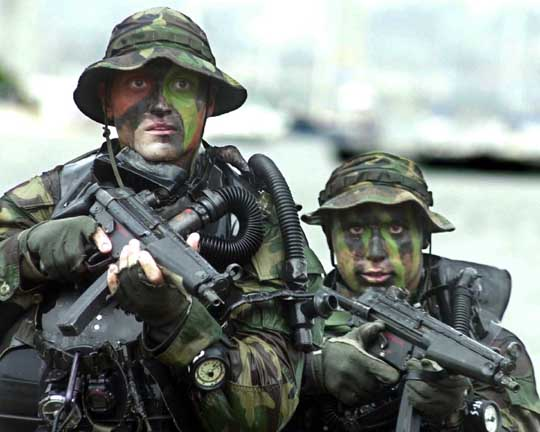
1. Origins of the SEALs
The Navy SEALs were established to conduct unconventional warfare across sea, air, and land—the mediums that give the unit its acronym. They were designed from the start to be a unit that could exist within enemy-held territories where conventional units could not, laying the foundation for decades of overseas missions.
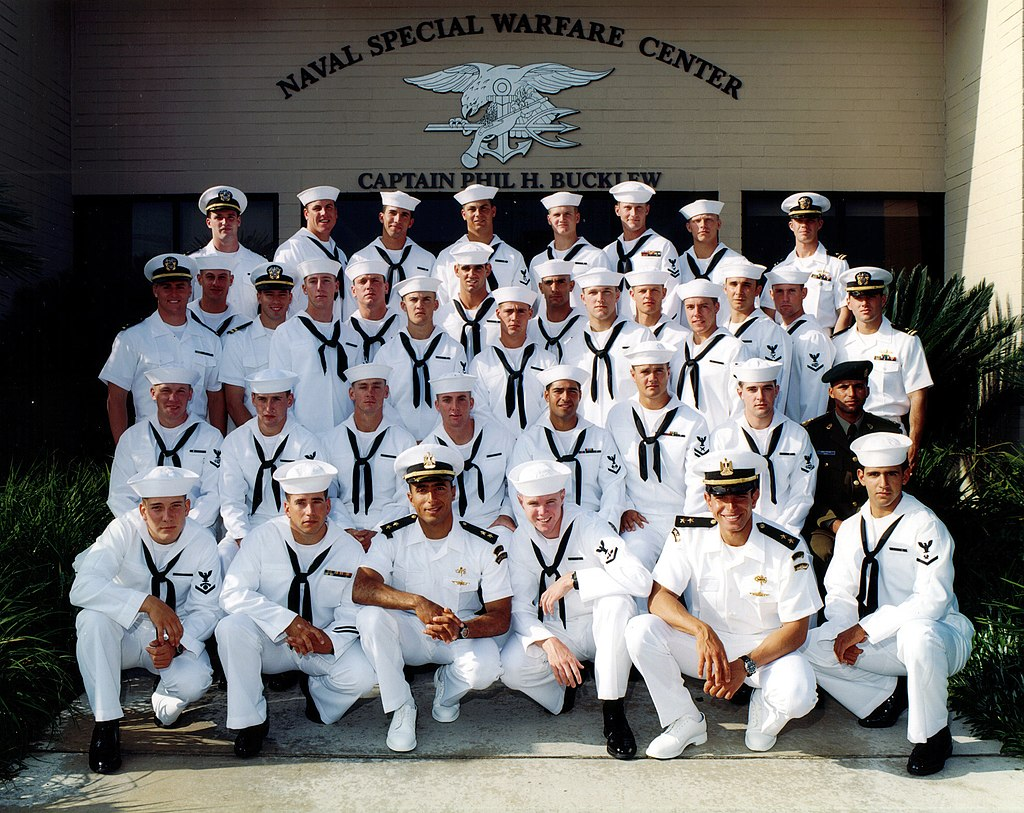
2. Training for Excellence
Future SEALs endure some of the toughest training in the armed forces. This includes Basic Underwater Demolition/SEAL (BUD/S) School, Parachute Jump School, and SEAL Qualification Training (SQT), which lasts more than a year. After that, 18 months of pre-deployment and specialty training equip them to be capable of excelling on any battlefield, from the ocean’s bottom to arctic ground.
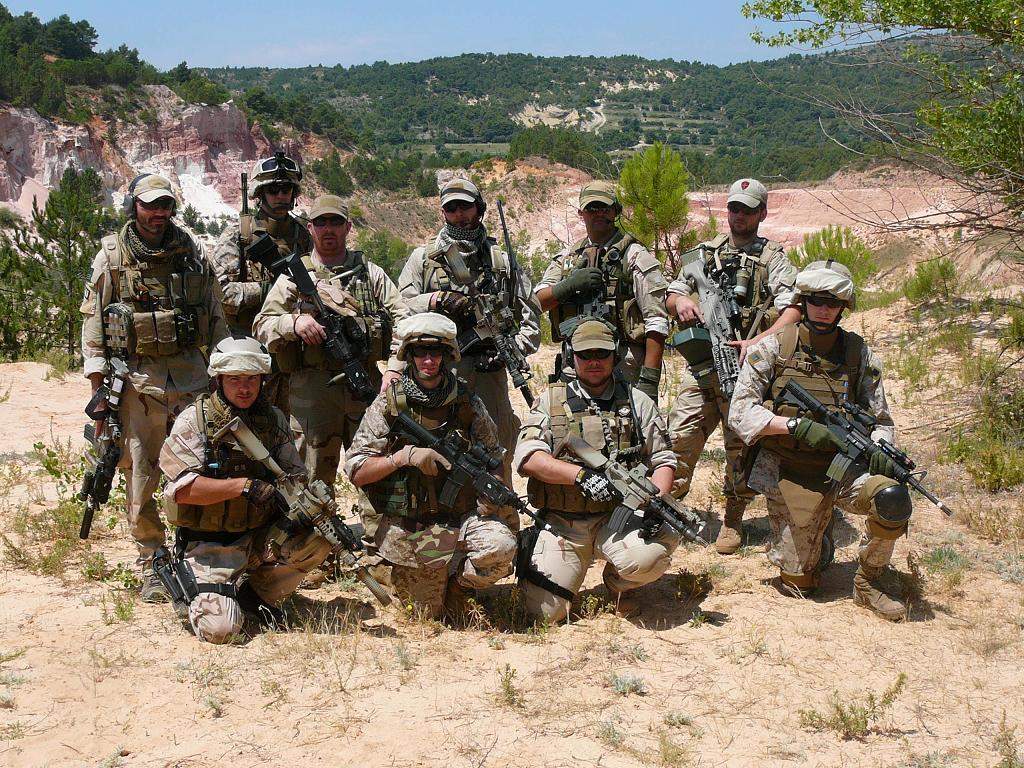
3. Overcoming Treacherous Terrain
The dropout rate at SEAL training is notoriously high, with applicants pushed to the limits of physical stamina, mental resilience, and teamwork. The few who survive are tougher than ever before, not just in top physical condition but also with deep self-assurance, irrepressible will, and an enduring esprit de corps with their fellow operators.
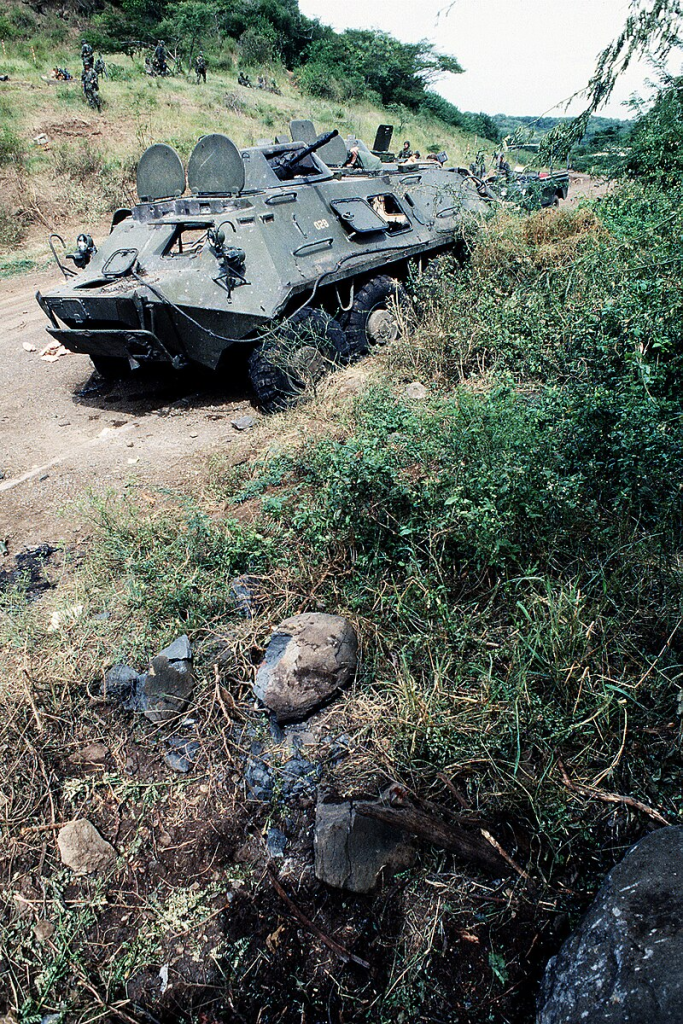
4. Global Missions and Capabilities
SEALs perform a broad range of missions such as intelligence collection, direct-action combat, and high-risk retrievals. They deploy with parachutes, submarines, or high-speed boats and navigate deserts, jungles, mountains, cities, and icy battlefields. With their versatility, they are invaluable national assets and as effective in leading as they are in training and fighting.

5. Rewards and Benefits of Service
Besides the honor of serving, SEALs are also bestowed with tangible rewards such as hazard pay-adjusted pay, life and medical insurance, and education benefits through Navy College Program and Post-9/11 GI Bill. These rewards do not solely benefit the operators but their families as well, with stability even if the nature of work is dangerous.
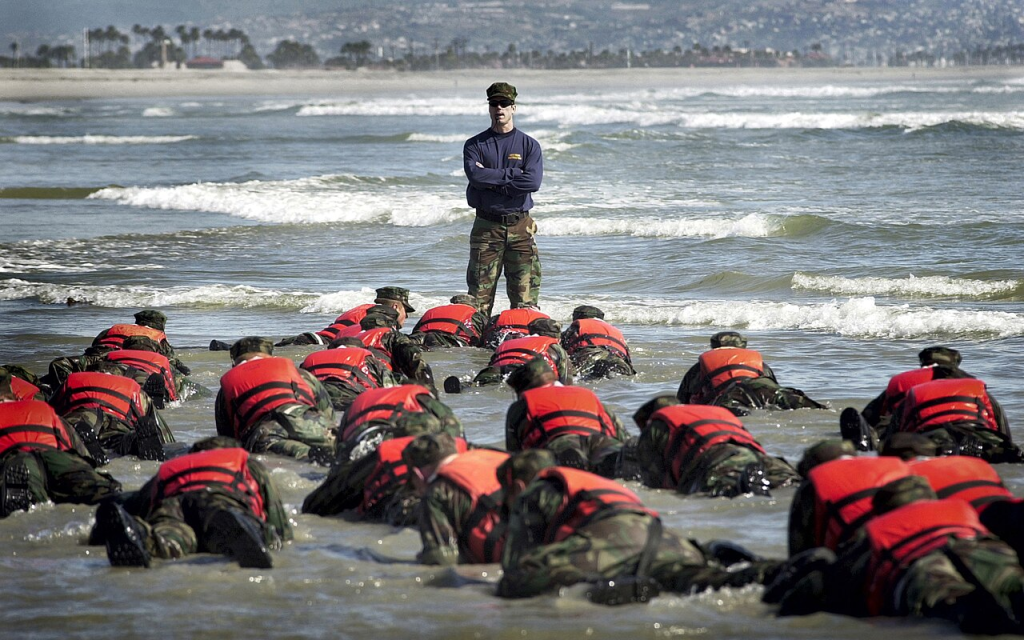
6. Career Advancement and Opportunities
Within the SEALs, advancement is merit-based, both for enlisted operators and officers. Those with leadership skills and degrees may qualify for officer ranks, teaching and mentoring others. Advanced courses in such disciplines as Explosive Ordnance Disposal, chemical warfare, or tactical operations also position SEALs for post-service careers in military and non-military sectors.
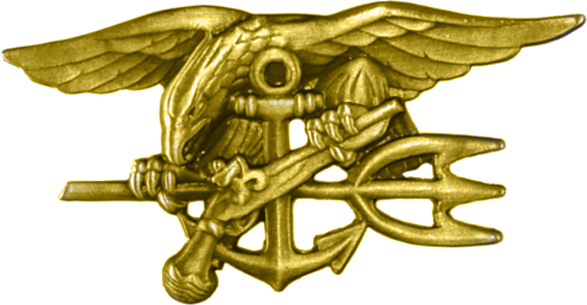
7. The Brotherhood and Legacy
To be a SEAL is not just to be awarded a trident; it is to be part of an elite brotherhood defined by dedication, bravery, and shared sacrifice. The labor of each operator makes the team greater that has ever been at the vanguard of America’s defense, facing missions that demand unshakeable belief and precision.
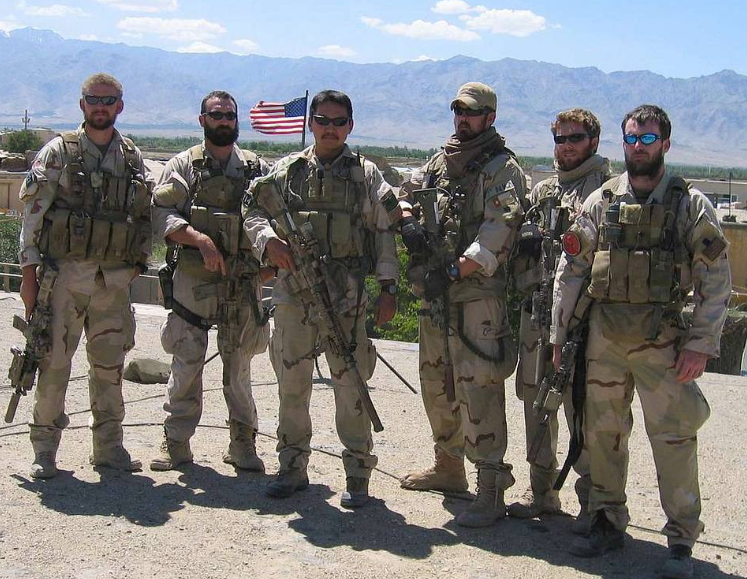
The Navy SEALs are the best of the military men tempered by unyielding adversity into warfighters who can do the impossible. Their profession is not just about physical strength but leadership, perseverance, and sacrifice.
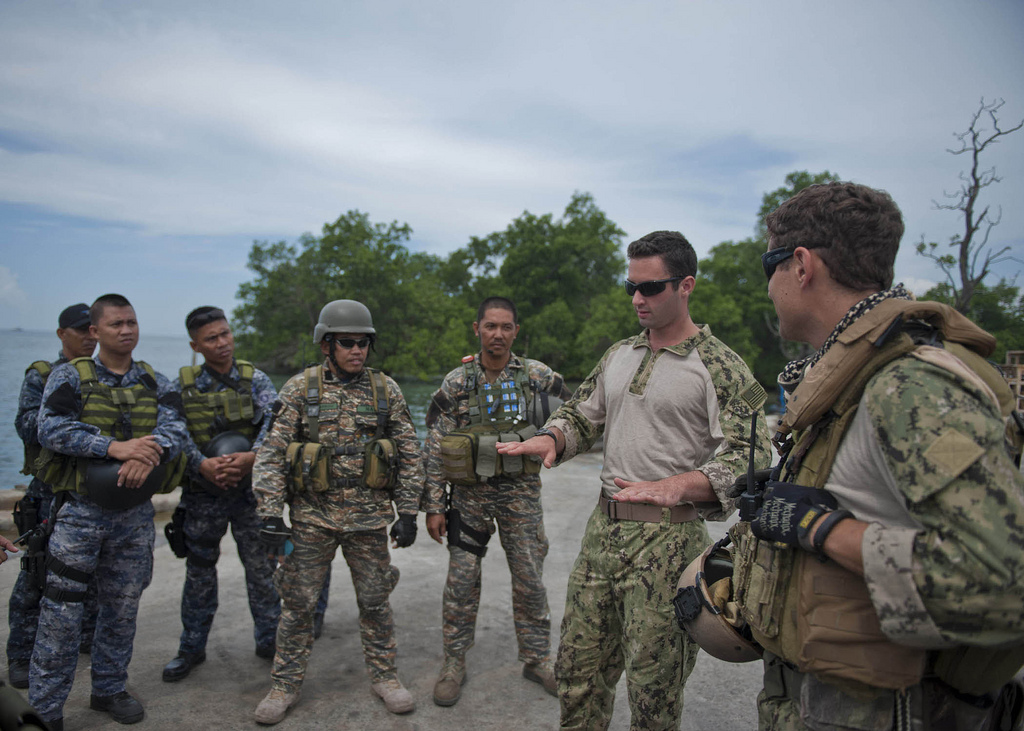
To the qualified applicant worthy enough to adhere to the rigorous standards, becoming a SEAL is a transformative achievement that yields unparalleled personal growth and the chance to be at the heart of America’s defense.
